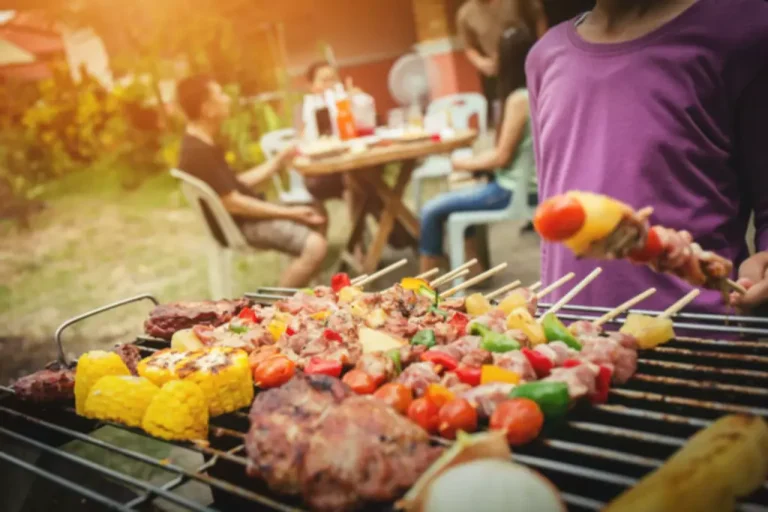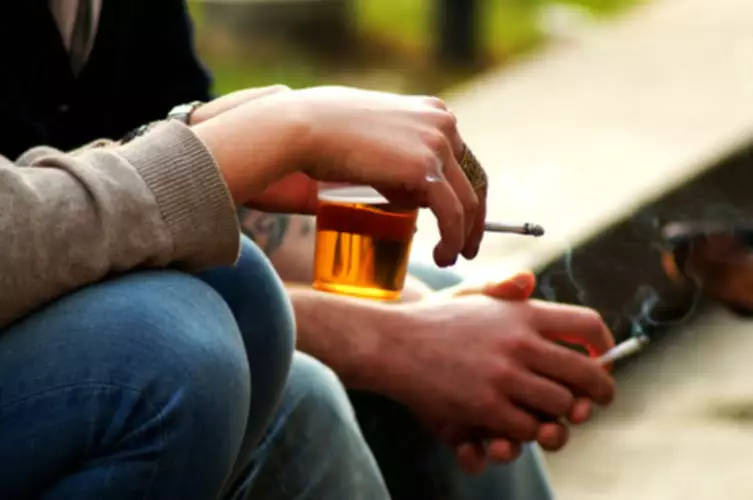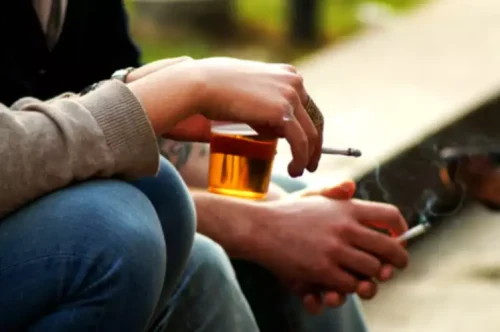
The Constitution’s twenty-first amendment makes it clear that states make the rules governing the sale and distribution of alcoholic beverages and that those states may assign duties to local governments. The states are in charge of deciding what age is acceptable within their borders. A .gov website belongs to an official government organization in the United States.
Why Do Teenagers Drink Alcohol?
- In 2000, 69 percent of youths who died inalcohol-related traffic fatalities involved young drinkingdrivers.
- In sum, the cost of underage drinking to society is substantial.Society is affected by loss of young lives, lost productivityand significant health care costs and stands to gain fromreductions in underage drinking.
- Facts About Teen Drinking is a resource for teens, created by the National Institute on Alcohol Abuse and Alcoholism, with research-based information on underage drinking.
- If you are accused of underage drinking, you should speak with a juvenile lawyer right away.
- Underage workers in the restaurant and food and beverage industries could be able to buy alcohol on the job.
Estimating the causal role that underagedrinking plays in each of these outcomes is the very big anddifficult challenge for epidemiologists. But even with reliableestimates for the contribution of underage drinking for https://ecosoberhouse.com/ eachconsequence, one would be left with the question of how to sumthem up. A summary statistic is useful in assigning relativepriority to this particular problem in comparison with all theother problems requiring public attention. A summary statisticquoted in dollar terms is particularly useful because it lendsitself to comparison with the budget costs of policies toremediate the problem.

Legal Drinking Age Of 21 Saves Lives, Even Though It’s Flouted
Laws have beenpassed to lower allowable blood alcohol content levels forunderage drivers to near zero (typically 0.02, compared with theadult limit of 0.08 or 0.10). Although alcohol-related youthmotor vehicle consequences of drinking fatalities have decreased substantially over thepast decade or so, youth are still overrepresented inalcohol-related fatal crashes compared with the olderpopulation. In 2000, 69 percent of youths who died inalcohol-related traffic fatalities involved young drinkingdrivers.

Evoking calm: Practicing mindfulness in daily life helps

Ask open-ended questions, such as why your child is interested in drinking. Often, this conversation can lead to a discussion about the risks and negative effects of alcohol. In particular, explain how drinking alcohol can affect decision-making, physical health and safety. Alcohol consumption, however, is prohibited for anybody under the age of 21. Even if you can legally purchase alcohol at age 18, you are still underage if you do so before turning 21. It is also illegal to buy or give alcohol to a minor in most circumstances.

Packing your hurricane go bag? Make provisions for your health
Many advocates of lowering the drinking age point to the European model of legal drinking at age 18 or below. «It’s not in the American culture to do that.» The Boston University review also points to research that European teens aren’t immune to the appeal of binge drinking. «If we choose to decrease the legal drinking age, there will be consequences,» says William DeJong, the study’s lead author and a professor of community health sciences at the Boston University School of Public Health. Research by economists Christopher Carpenter and Carlos Dobkin shows that arrest rates for violent and nuisance crimes rise sharply at age 21 and persist through at least age 23.
- Underage drinkers can only lawfully consume alcohol at the private home of a parent or guardian, depending on the state.
- The national minimum drinking age was established in 1984, when Congress passed a law penalizing states that allowed anyone younger than 21 to buy alcohol.
- Give your children other activities to do instead of drinking alcohol.
Risk of Developing Alcoholism
It covers such problems as drunk driving, as well asa range of other common consequences of acute impairment, such asviolence. It also discusses long-term consequences of early drinking,including recent research on the possible effects of early onset ofalcohol use on adolescent brain development. Any move toward increasing alcohol availability to young adults must consider its adverse effects, including traffic fatalities, unplanned pregnancy and crime. Policies like increased public transit availability, access to birth control and educational initiatives focused on harm reduction rather than abstinence have been shown to mitigate the detrimental effects of alcohol use by young adults. Lowering the drinking age will only succeed as part of a comprehensive set of policies that address the unintended consequences.
Youth constituted 7 percent of nonfatal and 30percent of fatal alcohol-related drownings and burns (Levy et al.,1999). If you’re concerned about someone drinking underage, you must seek help from a qualified medical professional. Young people who drink are more likely to have health issues such as depression and anxiety disorders.
Alcohol use in teens and young adults
- People who drink heavily over a long period of time are also more likely to develop pneumonia or tuberculosis than the general population.
- There are an estimated 10.8 million underage drinkers in the United States, with one out of every six teenagers engaged in some form of binge drinking.
- To curb underage drunk driving, all states have «zero-tolerance» laws that apply to drivers who are under that age of 21.
When cooking with liquor, wine, or beer, the amount of alcohol left in the finished food might be called alcoholic. Therefore, you cannot legally try the meals you are learning to make with alcohol if you are enrolled in cooking school and under 21 (which many students are). Therefore, in order to allow students to study without infringing the law, some states offer exemptions for people who work in educational institutions. The connection between alcohol consumption and your digestive system might not seem immediately clear. Over time, drinking can also damage your frontal lobe, the part of the brain responsible for executive functions, like abstract reasoning, decision making, social behavior, and performance. Past guidance around alcohol use generally suggests a daily drink poses little risk of negative health effects — and might even offer a few health benefits.